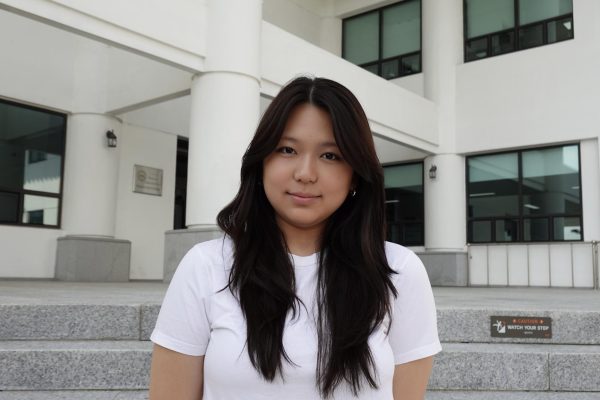There is a famous rumor in SIS: students must take more “hard” AP exams to have the upper hand in college admissions. With this in mind, SIS students put in their best effort to take more APs that are known to be rigorous and time-consuming.
Both in and out of schools, students register to take many AP exams, believing that it would make them appeal to colleges as competent students. For instance, AP courses such as Calculus, US History, and Physics are known among students to be hard but very advantageous when it comes to college applications due to the course rigor.
This leads to a phenomenon in SIS where students often choose courses despite not being fully confident about them. Rising juniors are more than often pressured into taking Precalculus even when they are not fully confident in math, only for the sake of taking AP Calculus in senior year. Similar to this, Precalculus, eligible for juniors, is considered as a superior and more rigorous course especially compared to college algebra which is considered as an easier version of precalculus.
Coerced into a situation where they have to grapple with normal classes but also an overwhelming quantity of AP classes they are unfit for, SIS students suffer from an overload of work and burnout. This is especially prominent in the spring season after a week of spring break, leading up to the AP exams.
It is true that the difficulty of AP exams varies; even when considering the difference in individual skill sets, some AP exams are designed to be more rigorous. Still, by no means are any AP exams designed to be easy. Even some classes that are referred to as “easy AP” in SIS are still credited as college-level courses.
In contrast to the popular belief of SIS students, choosing an AP course based on one’s skills and intended major for the future is better. It allows the students to not only score better but also allows them to show their consistent interest throughout their high school years.
Even when one’s choices of AP might not be conventionally popular, it poses some benefit. Not only can students distinguish themselves from other students, but it also reflects the genuine interest and consistency throughout high school. Students deciding to take a harder choice does not necessarily lead to them thriving in the class nor during admissions either.
Moreover, studying for a subject that a student is genuinely interested in motivates them to further thrive in their future AP exam. Regardless of how easy or hard an AP test is considered to be, studying for the exam itself is a very long-term, time-consuming process. As the students have to excel in their study of the subject throughout the entire year, choosing a subject that only sounds fancy for a college app would not be optimal. By making such a choice, students are subjecting themselves to the possibility of burnout and lower scores, especially during the second semester.
Learning about a subject that aligns with one’s interest enables them to continue with the year-long study, which often can be tiring. The very fundamental reason why the College Board offers various sets of AP courses is to explore one’s interests, but not to follow the general opinion of the crowd.
Students, especially in SIS, often overlook that colleges value passion and evaluate applications holistically. Taking numerous AP courses is certainly a commitment; still, self-evaluating the abilities to more effectively plan course selections is much more important than just applying and hoping for the best out of hard courses.
Of course, there are “hard” APs, and it is good to take challenges. Nonetheless, successful academics are not defined as how many difficult APs one took. Students, please know that the unspoken rule that everyone needs to take “hard” APs is nothing but a myth.


